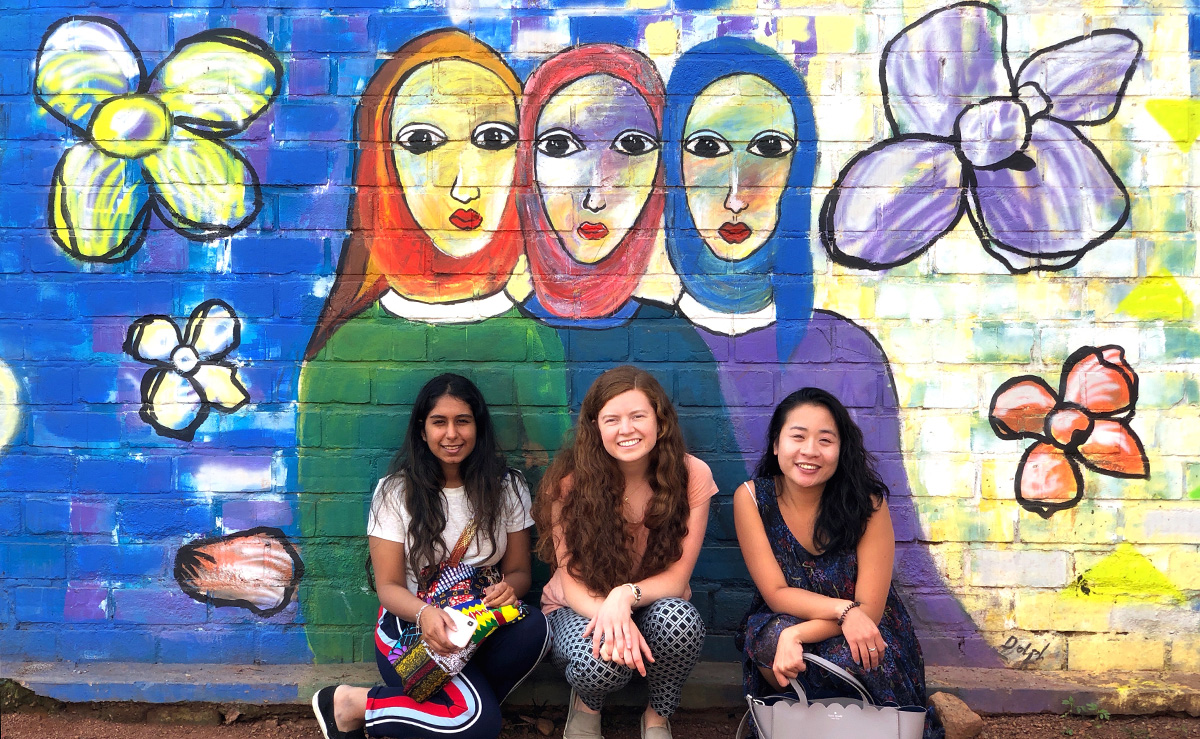Dispatch from Kigali: Week One

As we drove up the winding drive to Maison Shalom, an NGO on the outskirts of Kigali, Rwanda, children waved to us and shouted “good morning”. In Rwanda, Maison Shalom, supports a life of dignity for refugees living in exile. The organization prepares refugees for a constructive return to their homeland through education, psychosocial and economic support and programming. We three—a small team from the Kenan Refugee Project—are partnering with Maison Shalom to conduct a set of life story interviews with refugees hoping to understand how hope affects resilience in the face of displacement. If ever there were a hopeful place it is here at the Maison Shalom Oasis of Peace Community Center.
One of the many fascinating things about Maison Shalom is that it is an organization in exile. It is a Burundian organization in exile working on behalf of refugees from Burundi in Rwanda. After working in Burundi for more than two decades and supporting 10s of thousands of orphans, in 2015 during crisis in Burundi, Maison Shalom spoke against the violence and arrests. Its accounts were then frozen and all its work suspended by the government. Fleeing with just a handful of senior staff, they quickly reset up shop in Rwanda. And now Maison Shalom work both in Kigali and in Mahama, Rwanda’s newest and one of its largest refugee camps. Their focus on and hope for change undiminished. Through its pre-school program, its vocational trainings, third level educational support, psychosocial programs and more they are continuing to seed hopeful generational change.
We are excited to get our work underway.
The Kenan Refugee Project (KRP) is a community-based research and advocacy project at Duke University’s Kenan Institute for Ethics. Since 2010, KRP has collaborated with refugee communities across the globe to collect and share their stories. As the “refugee crisis” permeates political discourse and media headlines, KRP looks beyond the facts and figures in an effort to understand the human implications of mass displacement.
